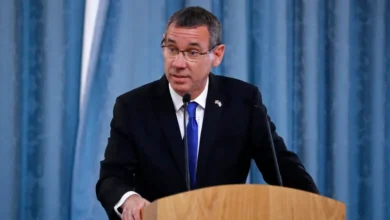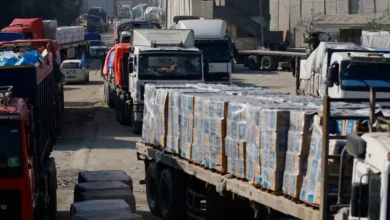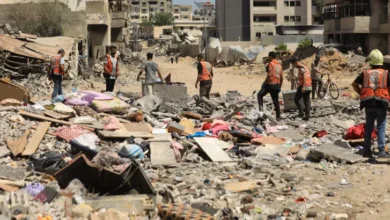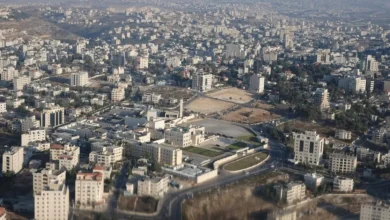Israel army says it allowed record-breaking humanitarian aid convoy into Gaza
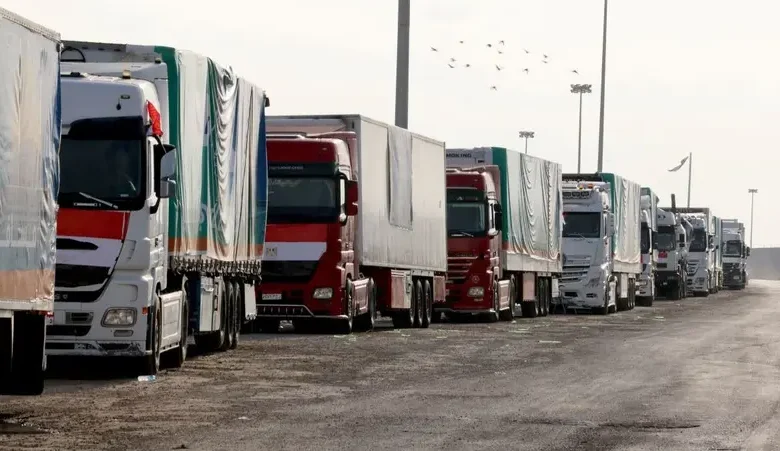
The Israeli army said that 468 trucks carrying humanitarian aid entered Gaza Tuesday, the highest in a single day since the war between Israel and Hamas militants broke out on October 7.
Israel is facing mounting international pressure to allow more aid into Gaza, which is facing a humanitarian catastrophe six months into the war that erupted after Hamas’s unprecedented October 7 attack on Israel.
The army said “468 trucks were inspected and transferred to Gaza today”.
“This is the highest number of aid trucks that entered Gaza in one day since the start of the war,” it said, adding that more than 1,200 trucks loaded with relief materials had entered the territory over the past three days.
“Additionally, 303 packages carrying hundreds and thousands of meals were airdropped over Gaza,” it said.
Earlier on Tuesday, a spokesman for the United Nations’ humanitarian agency charged that Israel is blocking far more convoys carrying food aid within Gaza, where famine is looming, than convoys carrying other kinds of aid.
“Food convoys that should be going particularly to the north, where 70 percent of people face famine conditions, are… three times more likely to be denied than any other humanitarian convoys with other kinds of material,” UN spokesman Jens Laerke told reporters in Geneva.
In its statement on Tuesday the army said that 47 of the 468 aid trucks that entered Gaza were destined for the northern part of the territory.
The UN agency supporting Palestinian refugees, known as UNRWA, had said in March that about 150 lorries carrying aid were getting into Gaza compared with at least 500 daily before the war.
Israel has insisted it does not limit aid supplies and blames shortages on a lack of distribution by aid agencies and charities within Gaza.
While Israel complains about UN distribution, “half of the convoys that we were trying to send to the north with food (in March) were denied by the very same Israeli authorities,” said Laerke.
Laerke stressed that “the obligation is on the warring parties, and in particular… on Israel as the occupying power of Gaza, to facilitate and ensure humanitarian access does not stop at the border.”
“It also pertains to movements inside Gaza.”


